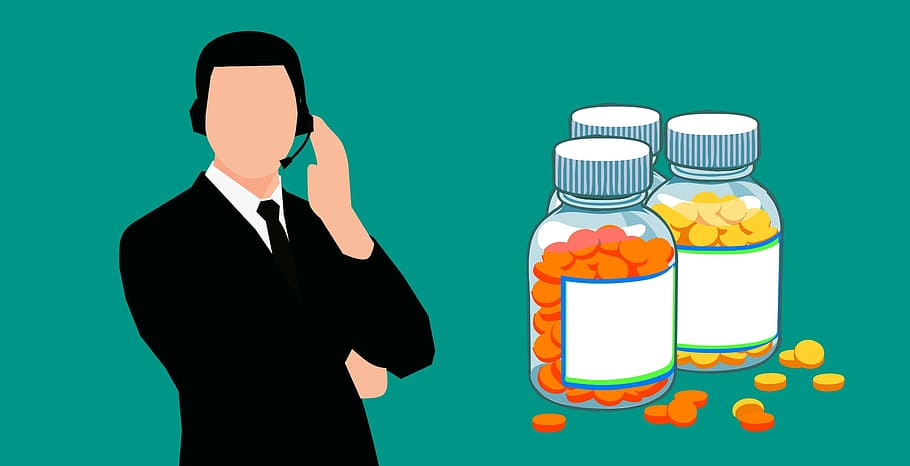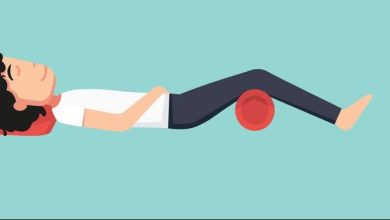Useful Tips for Safe Drug Storage and Disposal

To keep your family safe, it is very important to properly store and dispose of your prescription medications. Safe drug disposal is also important for the environment.
You don’t want someone else to accidentally or intentionally take your medication. Using drugs not listed on the label or providers’ recommendations can be very dangerous, especially if the drug is taken by a person for whom it was not prescribe.
How to Safely Store Medications
Safe drug disposal protects patients and families from harm. Medications that are not stored correctly could lead to accidental poisoning.
The abuse of prescription pills, especially opioid pain relievers and ADHD medications is a serious problem. Adolescents and young adults generally obtain these medications at home where another family member has kept them. They can be stolen illegally at “drug parties” or on the street.
-
Keep drugs out of the reach of children
According to the CDC, 60,000 children go to the emergency room each year to inadvertently take a medication dose. Children often find pills on the floor, in a purse, or in a diaper bag.
-
Store your medicine in the original container with the original label
This ensures that you always have all the information you need about dosage and expiration date. It allows the buyer to make sure it is their medicine and not someone else’s.
-
Keep them locked up
Store your medicine in a lockable cabinet or drawer. This prevents children, animals, or guests from accessing them.
-
Store them in a cool, dry place.
Follow the manufacturer’s instructions, including special instructions on the temperature, exposure to light, or storage in a dry place. Keep your medicine away from hot, light, or humid areas to prevent damage.
-
Check the expiration dates
Always follow the expiration date on your medications. That is the only way to make sure that the medicine you are using is safe and effective.
-
Take an inventory
Every six months, take a list of the medications you have in your home. Safely dispose of expired or unnecessary items.
-
Follow the storage instructions on the medicine package
Some medications need to be refrigerated or kept out of light. Check the label for storage instructions. If you are not sure, ask the pharmacist how to store the medicine.
-
Store medications that do not require refrigeration in a cool, dry place.
Do not store medicines in the bathroom. Moisture and heat from the shower, bathtub, and sink can spoil medications. Medications may not work or become dangerous.
Some safe places to store medicines are a kitchen cabinet away from the sink or kitchen or a shelf in the closet.
-
Store medicines away from food in the refrigerator
Store medications in a drawer in the fridge or put them in a container to protect nearby food. Keep medicines refrigerated at a constant temperature.
-
Do not have medications in the car
This can increase its temperature too much. Heat can make medicines not work or become dangerous.
-
Store medications in the original labeled containers.
Never mix different medications in the same container. If you use a pillbox or other organizer, keep the original medicine containers with labels. The original label can help if there are questions about the drug name, dosage, refills, or instructions on administering or storing the drug.
How to Safely Dispose of Prescription Medications
Here are few tips for safe drug disposal
-
Find a return program
More than 160 collection sites at police stations and pharmacies throughout the world are part of the Cook County Sheriff’s prescription drug take-back program. Mail-in return services are also free and available to seniors or Cook County residents with disabilities.
-
Do not flush your medications
Medicines flushed down the toilet can get into waterways that harm wildlife. The U.S. Food and Drug Administration recommends flushing only a small amount of drugs when no take-back program is available. Contact your pharmacist or healthcare provider to see if this applies to your medications.
-
Mixing medications with an inedible substance
If you need to dispose of the medicine at home, the FDA recommends mixing it with an inedible substance, such as dirt, kitty litter, or used coffee grounds. Then put the mixture in a sealed plastic bag. Safe drug disposal is important to keep animals safe.
-
Erase all personal information
It is important to dispose of medications when they are no longer needed or when they may be harmful or do not work correctly.
Note: DO NOT flush drugs or medications down the toilet unless instructed otherwise. Medicines can pollute water and make other people sick.
Correct and safe drug disposal is essential for the safety of patients, families, and healthcare professionals. All medications can be dangerous if they are not stored correctly, given as directed, taken by the wrong person, or not disposed of safely.
When to Eliminate Medications?
Eliminate medications when the following happens:
- There are damage parts of the medicine capsules or tablets. Throw them away immediately as you will not be able to deliver the correct dose. Some medicines can be dangerous if they are cut or damage.
- They have expired. Look at the expiration dates on the medicine containers. Expired medications may no longer work, and the medication may even be dangerous.
- They have changed their appearance. Do not use medications that have change color, are crumble, or have a different or ugly odor. Do not use liquid medications that appear cloudy or discolored, have thickened or changed inconsistency, or have floating particles.
- They are no longer needed. Do not save unused or unwanted prescription drugs for later use.
Follow these steps to for safe drug disposal of pills, liquids, drops, patches, creams, and inhalers:
- Mix them with a nasty substance like kitty litter, dirt, or coffee grounds.
- Throw the container containing drugs into a trash container.
- Cross out all personal information from the original prescription label on the medicine container and throw it away.
I hope this article on PostPear helps you know the importance of correct and safe drug disposal to keep people and the environment safe!



